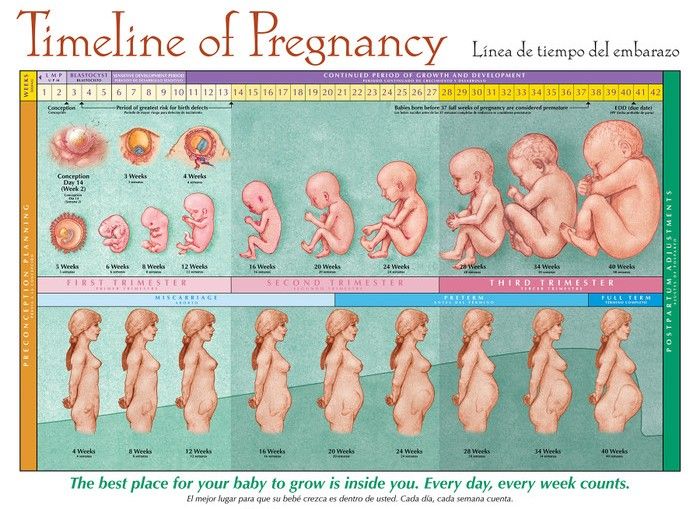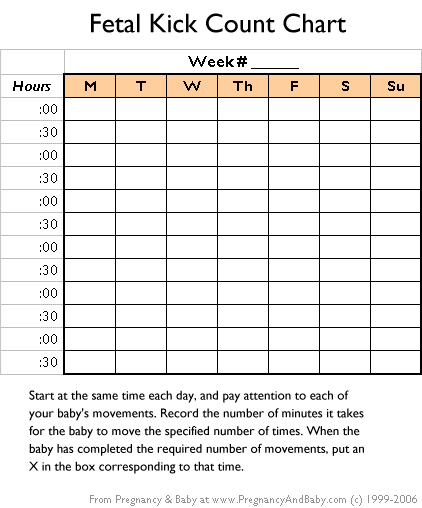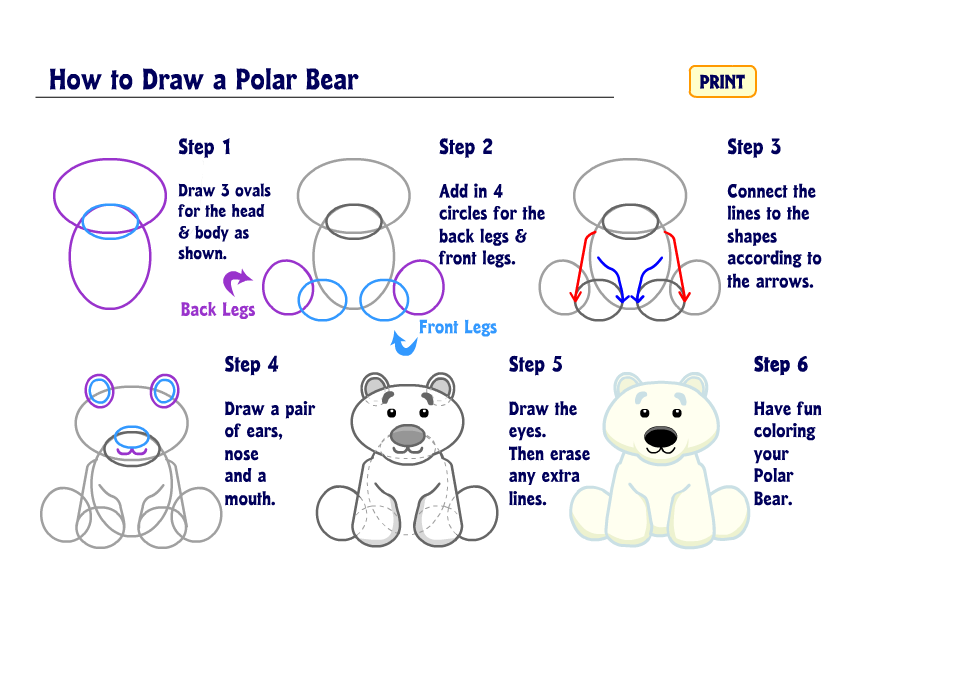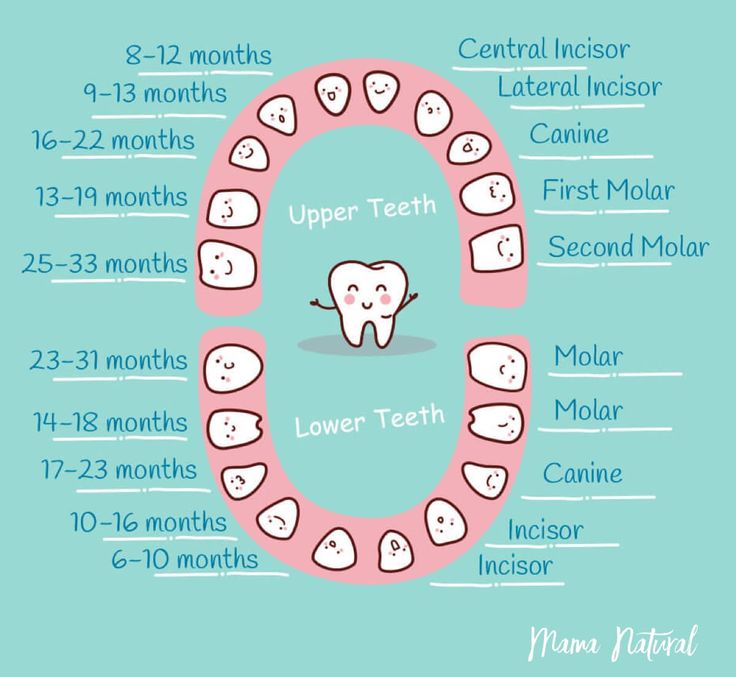How to be present with your child
How To Be More Present With Your Kids: Seven Principles To Keep In Mind Every Day
It’s hard being a dad. You have work. You have responsibilities. You may have a spouse, and all sorts of other people to take care of. You have to make sure to keep these kids alive. Managing that is more than a full-time job. So it’s really easy to be distracted, to not be fully present for these experiences that are happening right around you.
If you’d like to be more present with your kids, there are a handful of key things you can do–practices and exercises that will bring your attention fully to what’s in front of you. There is also a lot you can learn from your children in this department because in the words of Jean de la Bruyere, the French philosopher, “Children have neither a past nor a future. Thus they enjoy the present, which seldom happens to us.”
To that end, here are seven ways to be more present with your kids.
1) Put away your phone when you’re with your kidsYeah, you’re giving your son a bath…but you have your phone out. Yeah, you took your daughter to the park, but you’re checking fantasy football scores while you push her on the swing. Yeah, you got the whole family together for dinner, but are any of you really present? Or are you lost to social media?
It’s not enough to just be around your kids. You have to actually be there. That means putting away your phone. That means putting away their phone, if they have one. They deserve phone-free time from you. You deserve phone-free time with them.
According to research from the app RescueTime, an app on iOS and android created to monitor phone use, people generally spend an average of 3 hours and 15 minutes on their phones every day. Not just that, but we pick up our phones an average of 58 times per day. How much of this is actually necessary? How many times are we checking our phones for things that are actually urgent and pressing instead of just out of mere habit? Most of us would be embarrassed to say.
Ultimately, it boils down to the fact that no matter what we do, our children will follow.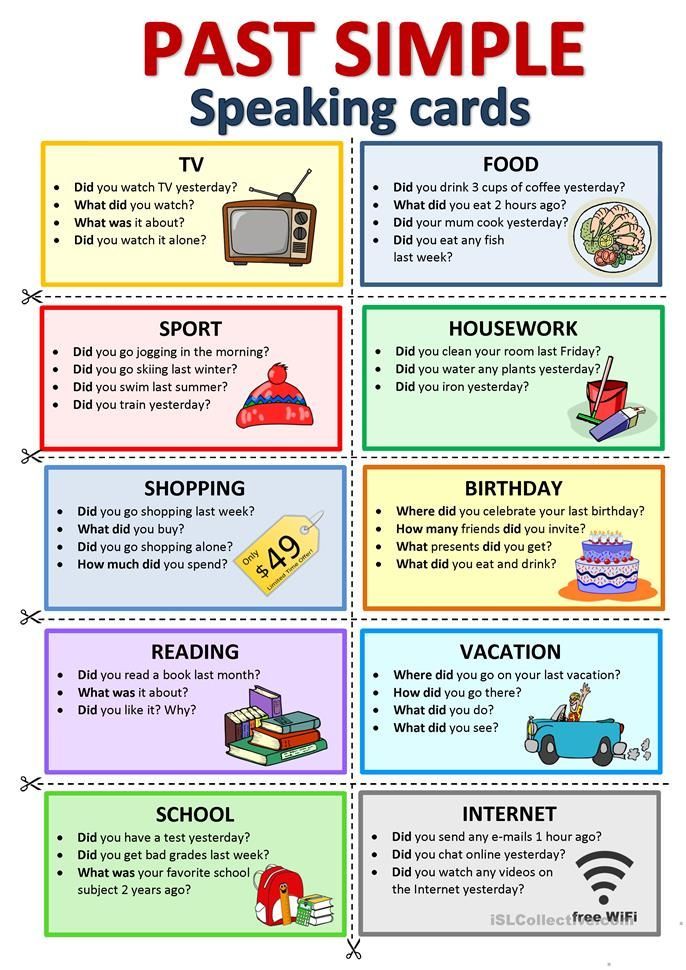 Parenting techniques have evolved from spending high-quality time with our kids; talking with them and playing with them, into distracting them with a screen as soon as they show the first sign of distress. As we struggle with the high demands of today’s fast paced life, we as parents often find ourselves too overwhelmed to be completely capable of catering to our children’s needs.
Parenting techniques have evolved from spending high-quality time with our kids; talking with them and playing with them, into distracting them with a screen as soon as they show the first sign of distress. As we struggle with the high demands of today’s fast paced life, we as parents often find ourselves too overwhelmed to be completely capable of catering to our children’s needs.
Because of this, we often resort to the convenience of a phone or tablet to occupy their ceaseless imaginations. Though sometimes useful, our choice to introduce our young ones to technology so early on could be hurting them far more than it helps us. Anna Lembke, a Stanford university Psychiatrist specializing in addiction, found that children’s brains are more susceptible to the development of substance abuse and addiction when they are exposed to addictive behavior in their developing stages. Everytime we put a phone screen in front of our child we push them a step further into developing a dependency on an external source for “happiness” and “contentment”.
So try to limit your dependence on your smartphone as much as possible. Get a landline at home so you’re not carrying your cell phone around the house. Stop using your phone as an alarm clock. Charge it in some inconvenient place so it’s out of sight, out of mind. Commit, in the mornings for instance, not to check your phone for your first thirty minutes after waking up. Or put it away from dinner until the kids’ bedtime. Whatever. Make up some rules that give you phone-free time—that give your kids phone-free Dad time.
And make sure that when you’re with them, you are grateful for the moment you’re getting with them (however banal or boring), rather than itching to get back to checking twitter or watching netflix.
2) Make time for some fun with your kids every dayBy having a child you have signed an unwritten contract to shake up your life in a way that it likely hasn’t been before. The question is, are you going to fight the crazy or embrace it? Douglas MacArthur was a man of routine, most military men are.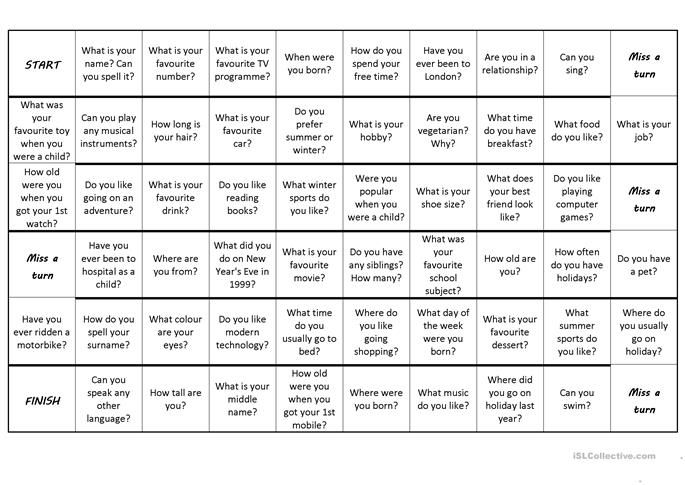 So it shouldn’t surprise us that he built a family life around routine. But unlike far too many fathers who make routine a form of control, MacArthur’s morning routine was about fun—about starting the day off right.
So it shouldn’t surprise us that he built a family life around routine. But unlike far too many fathers who make routine a form of control, MacArthur’s morning routine was about fun—about starting the day off right.
As the peerless William Manchester details in his book American Caesar, the morning time was one of the best times at the MacArthur household. In fact, it was kind of scheduled crazy fun:
When Arthur began to walk, and then to talk, father and son developed a morning ceremony. At about 7:30 A.M. the door of the General’s bedroom would open and the boy would trudge in clutching his favorite toy, a stuffed rabbit with a scraggly mustache which he called “Old Friend.” MacArthur would instantly bound out of bed and snap to attention. Then the General marched around the room in quickstep while his son counted cadence: “Boom! Boom! Boomity boom!” After they had passed the bed several times, the child would cover his eyes with his hands while MacArthur produced the day’s present: a piece of candy, perhaps, or a crayon, or a coloring book. The ritual would end in the bathroom, where MacArthur would shave while Arthur watched and both sang duets.
The ritual would end in the bathroom, where MacArthur would shave while Arthur watched and both sang duets.
And it didn’t just happen when Arthur was young. As he got older, while his father ruled post-war Japan, Arthur would wake at 7am, and according to Manchester, “rush into the General’s bedroom and pummel him.”
And MacArthur wasn’t the only one who scheduled these rough-housing sessions with his kids into his day. Ulysses S. Grant used to have wrestling matches with his kids every evening, and the baseball player Harmon Killebrew’s spoke fondly of the yard games his father knew was killing his grass but helping raise his kids. Well, we shouldn’t just be talking about this, we shouldn’t just be thinking it was cute that MacArthur and Grant let their guard down at home. We have to do the same thing.
No one is too important or too busy to have some crazy time at home. No one is above getting pummeled by their kid in bed. No father should hesitate before singing at the top of their lungs while they shave.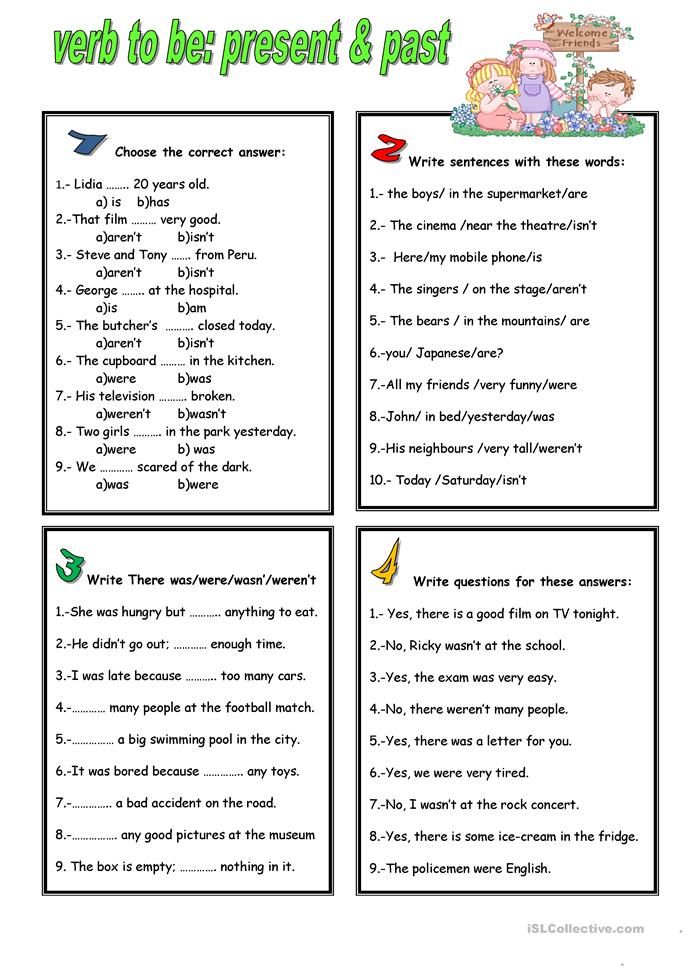 These moments are the best moments. If they’re rare, you’re doing it wrong. They should be regular. Maybe like MacArthur, they should be scheduled every morning for 7:30.
These moments are the best moments. If they’re rare, you’re doing it wrong. They should be regular. Maybe like MacArthur, they should be scheduled every morning for 7:30.
Because there is no better way to be present for your kids than to make time for things that are fun for the both of you every single day. Whether it’s an evening wrestling match or having a tea party, both of you will be better off. And by regularly having fun together with them, it’ll be that much easier to turn the moments that aren’t necessarily fun, like waiting at the doctor’s office or doing homework together, into a game as well.
3) Stop watching the news around your childWhat dad hasn’t tuned out the story his son was telling him because he had to reply to a particularly stupid email from a colleague? What husband hasn’t been in a bad mood all evening because of a headline he saw on the CNN ticket?
A psychological study conducted in 1997 found that people who consumed just 14-minutes of negative news (on wars, famines, murders, etc.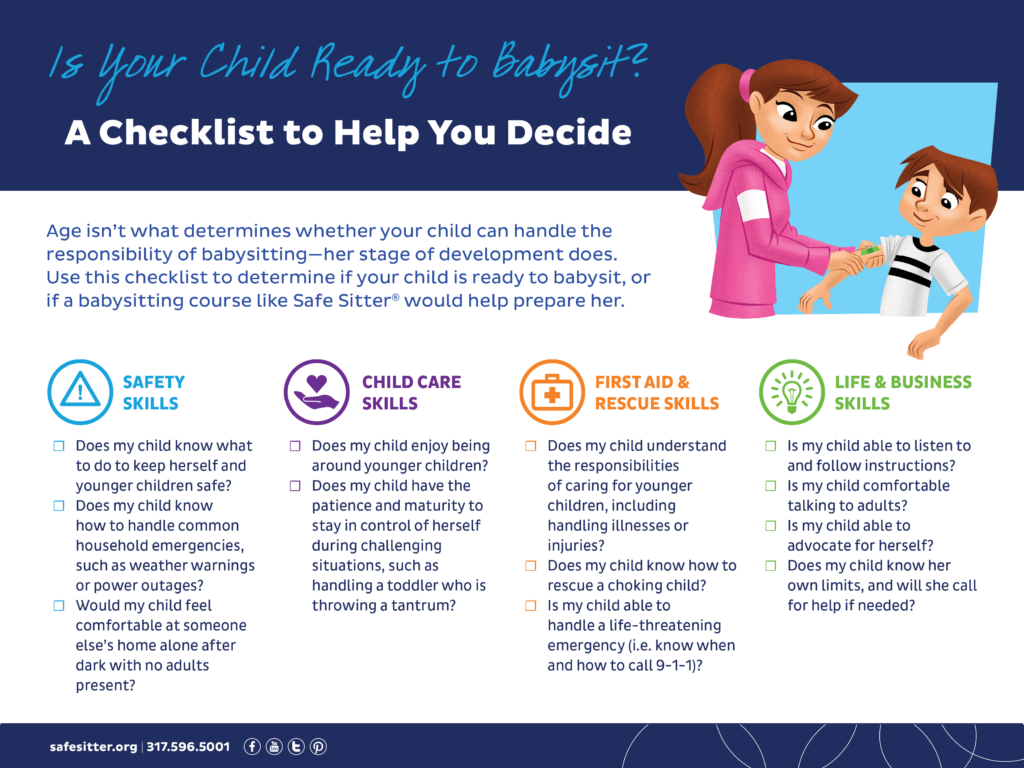 ) were much more anxious and sad than those who were exposed to positive or neutral news. Not just that, but the people who were exposed to the negative news spent more time talking about their own personal worries and anxieties immediately after. The study also found that the people in this group were also much more likely to catastrophize these worries and perceive them to be much worse than they were in reality.
) were much more anxious and sad than those who were exposed to positive or neutral news. Not just that, but the people who were exposed to the negative news spent more time talking about their own personal worries and anxieties immediately after. The study also found that the people in this group were also much more likely to catastrophize these worries and perceive them to be much worse than they were in reality.
And this was conducted in 1997. Before we had phones in our pockets with all the news headlines in the world within arms reach at all times. Before the 24-hour news cycle became an infinite news cycle full of people that want nothing more than to gain our attention so they can manipulate it to their purposes. But how often do we stop to think. How much of this is necessary? Do we really need to keep up with every single little thing going on in the world? We forget that giving in to the need to feel “informed” often comes at the expense of the little one in front of us.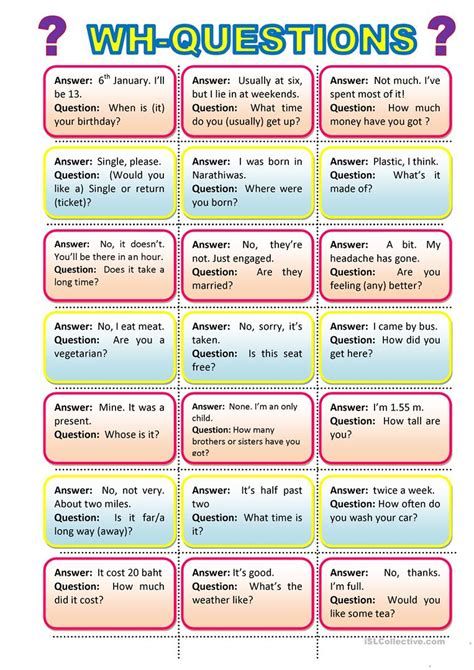
Too many dads are concerned about managing their kid’s screen time and not enough about managing their own. At least your six year old is just playing silly games or watching Blippi videos. You’re the one mainlining partisan rage off a news website. You’re the one stoking the fire of envy by scrolling through Instagram. You’re the one blowing off work by commenting on Reddit.
Don’t let the internet steal your attention. Because they’re not really stealing it from you. They’re stealing it from your kids. In fact, you’re stealing time from your kids by letting them steal it from you.
Which is why it’s worth mentioning again. Be aware. Be vigilant. Put down the phone.
4) Keep in mind your child may not always be with youAs a parent you’ll love your child so much that just the thought of anything happening to them will physically hurt. Therefore, it’s fitting that one of the most important things you can do as a parent would require you to think about a thing that’s very nearly impossible for a parent to even consider.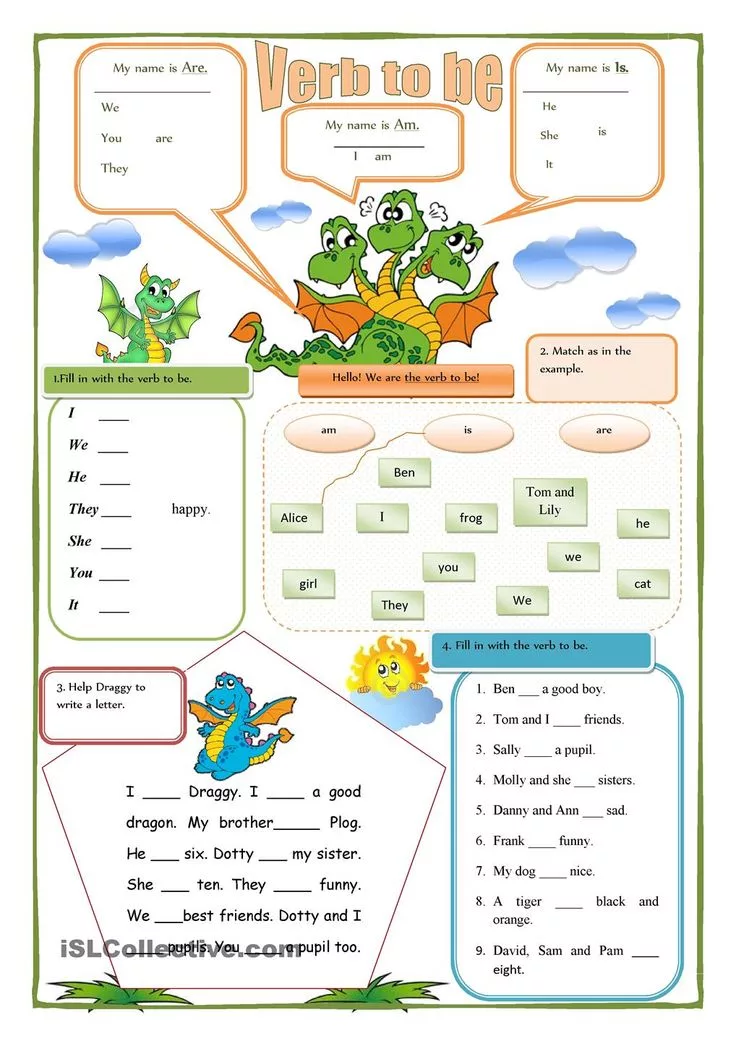 It comes to us from Marcus Aurelius by way of Epictetus:
It comes to us from Marcus Aurelius by way of Epictetus:
As you kiss your son good night, says Epictetus, whisper to yourself, “He may be dead in the morning.” Don’t tempt fate, you say. By talking about a natural event? Is fate tempted when we speak of grain being reaped?
Of course, this is not an easy thing to do. It goes against all our impulses. But we must do it. Because life is fleeting and the world is cruel. Marcus lost 5 children. 5! It should never happen, but it does. And it’s not that we hope that Marcus Aurelius’s philosophical training prepared him for the pain of losing a child (nothing can prepare you for that). What we hope is that this exercise meant he didn’t waste a single second of the time he did get with his beautiful children.
A parent who faces the fact that they can lose a child at any moment is a parent who is present. Who loves. Who does not hold onto stupid things or enforce stupid rules. A great dad looks at the cruel world and says, “I know what you can do to my family in the future, but for the moment you’ve spared me.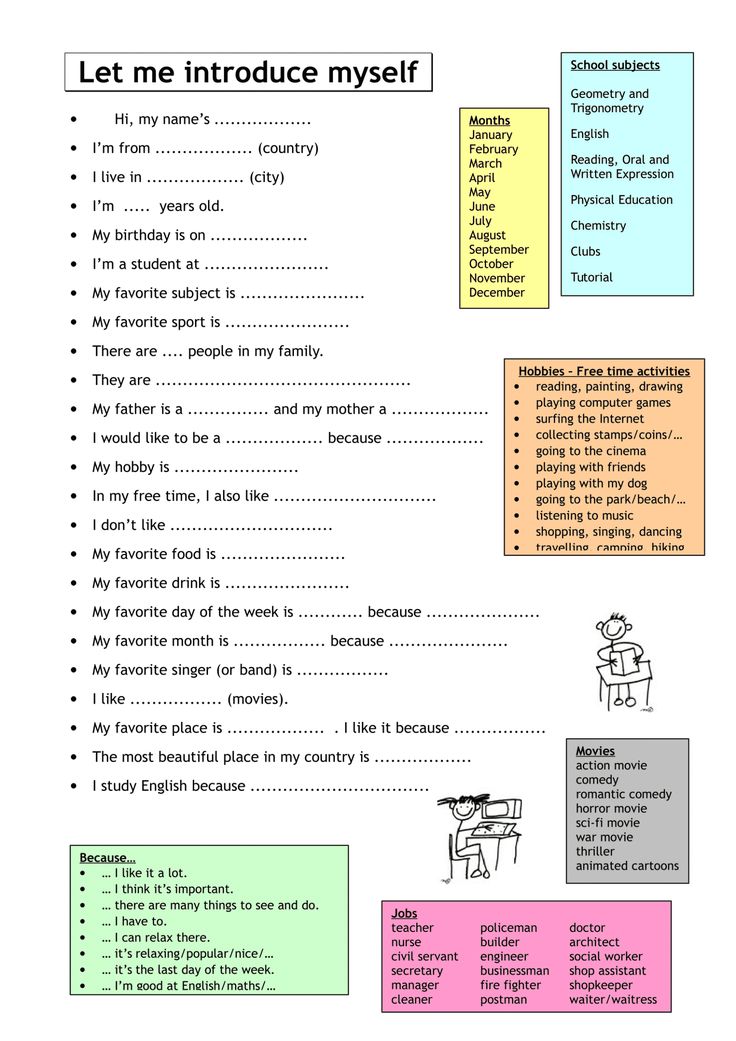 I will not take that for granted.” Anxiety? Keeping up with the Joneses? Caring about getting into that exclusive pre-school or into Harvard? Who cares?
I will not take that for granted.” Anxiety? Keeping up with the Joneses? Caring about getting into that exclusive pre-school or into Harvard? Who cares?
It can all go away in a second. There’s nothing we can do about that. We can, however, drink in the present. We can be what they need right now.
5) Say ‘no’, so you can say ‘yes’ to your kidsIn early January, Kobe Bryant got a note from a reporter at ESPN. She was working on a story about a moment in Lakers’ history and she wanted to feature Kobe in the story. It’s one of those requests that public figures get all the time. It’s part of their job–in fact, it’s kind of one of the things that attracted them to the job in the first place. To be in the news, to have people want to hear their opinion, to grow their brand.
How long would it have taken to answer the inquiry? Fifteen minutes? An hour? A few emails back and forth? Who knows. What we do know is how Kobe responded to it, and it’s a response made heartbreakingly sad but also deeply moving considering his tragic death just a few weeks later.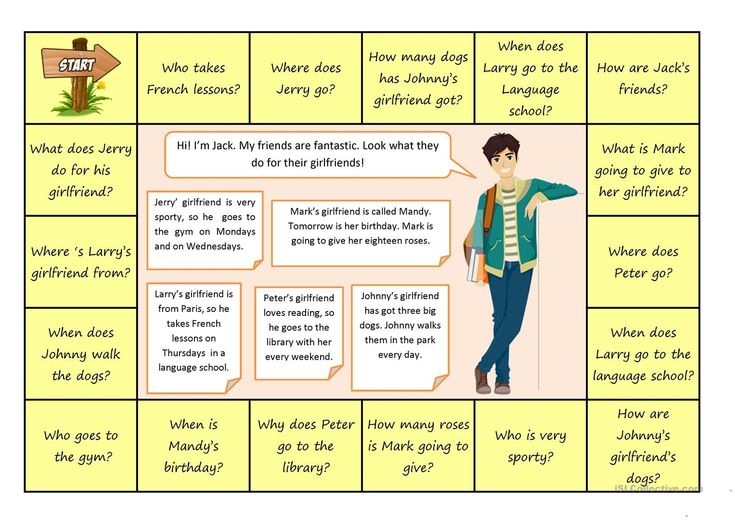
“Can’t right now,” Kobe messaged the reporter. “My girls are keeping me busy. Hit me up in a couple of weeks.”
How often do you have the discipline to send something like that? How strong are you at putting your family first? How good are your defenses against the endless requests, opportunities, impositions and obligations that come with your work and with life? It’s so easy to let people steal your time, to let them take you away from the things that are ultimately most important: Your kids. Your family. Your private space.
Kobe Bryant, tragically, will not get any more time with his kids and they will not get anymore time with him. Which is what makes that text he sent such a powerful reminder to us, a final feat of performance left there to inspire those of us continuing in the shadow of his death. Put your family first. Put your kids first. Say that you’re too busy. Say no.
Politely decline. If it’s not necessary, be ruthless. Your kids need you more. You have other priorities.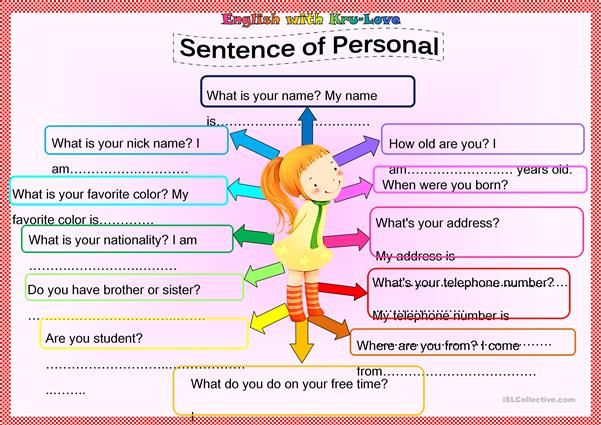
This moment right in front of you is a gift. It might not feel like it. Not with a colicky baby or a resentful teenager that refuses to give you a rest. Not with bills to pay or traffic to wait through. But indeed, these are wonderful moments.
Certainly better than not having this moment at all right?
“Always hold fast to the present,” Goethe said. “Every situation, indeed every moment, is of infinite value, for it is the representative of a whole eternity.”
Being a dad is not some generalized experience. It’s not the high school graduation or walking them down the aisle in the distant future. It’s not what’s already happened either—being there for the birth, reading stories to them. It’s right now. It’s whatever you’re doing in this moment.
Driving them to school. Folding laundry. Getting some quiet time before they wake up. Sending them to their room. Taking away their phone because their grades have slipped. This is all of it, this is all part of the job. And every one of these moments is wonderful. All of it is a gift.
This is all of it, this is all part of the job. And every one of these moments is wonderful. All of it is a gift.
All of it is right now, being presented to you. Accept it. Embrace it. Hold onto it. Learn to appreciate every moment for what it is, not what you wish it was.
And the sooner you learn to be thankful for all these moments, both good and bad, the sooner you will be able to reap the benefits of this gratitude in all other areas of your life. Which, according to various research studies, range from increased happiness, increased career success, and of course, increased presence.
So any time you’re tested, just look at this as an opportunity to constantly set the example for your kids. Because by seeing you more grateful and present, they too will become more grateful and present.
7) Let go of all your baggageEven if it wasn’t such a relief for overworked dads and moms, it’d hurt a little to think about how much our kids love their grandparents.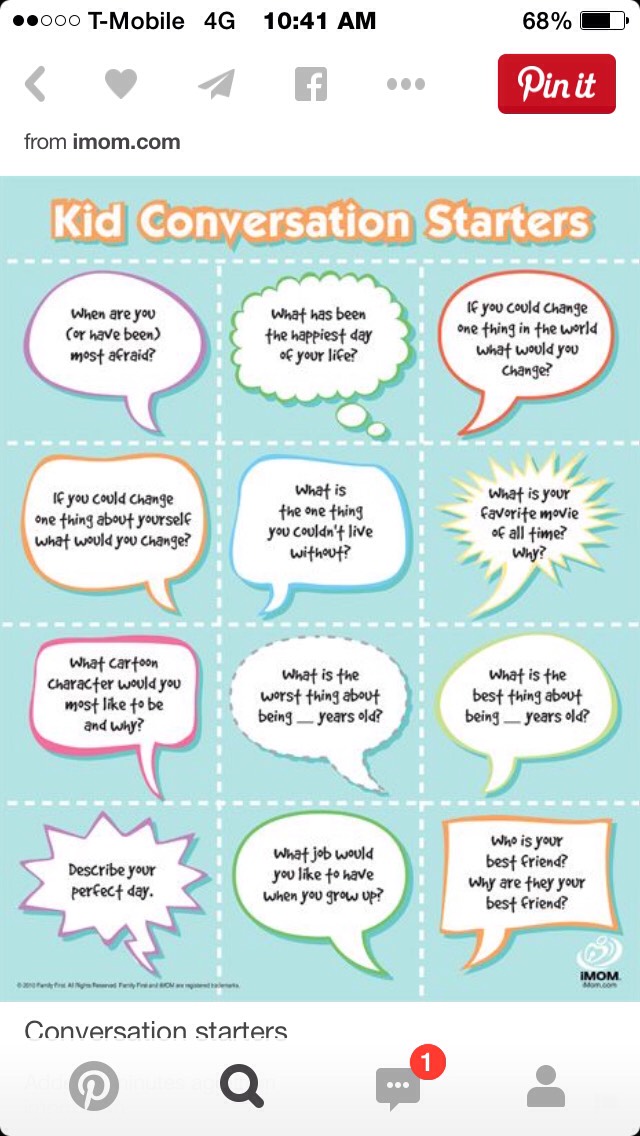 It almost seems like they prefer grandma and grandpa sometimes, don’t they?
It almost seems like they prefer grandma and grandpa sometimes, don’t they?
Why is that?
It’s pretty simple. Because grandparents have outgrown most of their baggage. They have let go. Even a lot of grandparents who were demanding and exacting parents seem to finally settle into themselves and manage to be exactly what the generation once removed needs. And kids can sense this: Grandma loves me for me. She’s so nice all the time. Grandpa just wants to hang out. He doesn’t try to make me do anything. He doesn’t boss me around or correct me, he just listens.
To paint a clearer picture of this we can look at the psychologist and author of the book The Drama of The Gifted Child Alice Miller’s observation that the children who are more likely to grow into happy and well-adjusted adults are those who felt loved and accepted for who they were by their parents. Because rather than having to hide behind a “false self” and constantly placate to their parents expectations, they are free to grow into the people they are actually meant to be.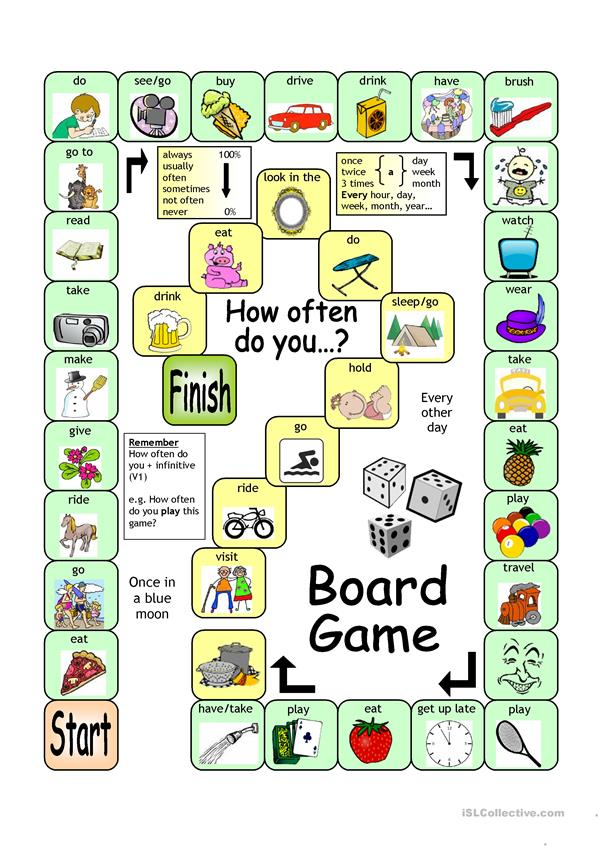
Unfortunately, far too many parents lose sight of this. Because they were disciplined or raised a certain way, they think that that’s just how parenting is done. But it’s not. Your duty as a parent is to help your kid grow into the person they were meant to become and to help them get back up when they stumble. Not to pay forward the same things that caused you so much distress when you were a child.
So don’t make the mistake of waiting to be a grandparent to do the things that make kids love their grandparents. Be present, accepting, and proud of them for who they are now. Let go of all your baggage when you’re with them.
—
Being a dad is something you do every day. We created a daily email that helps you become a better dad, every day. One piece of timeless advice, delivered to your inbox every day. Sign up here.
How to be More Present: 7 Tips to Enjoy Motherhood
Have you ever noticed a mom brushing off her children while staring at her phone? Or who seemed constantly overwhelmed and exhausted by the demands of her kids?
It was probably me.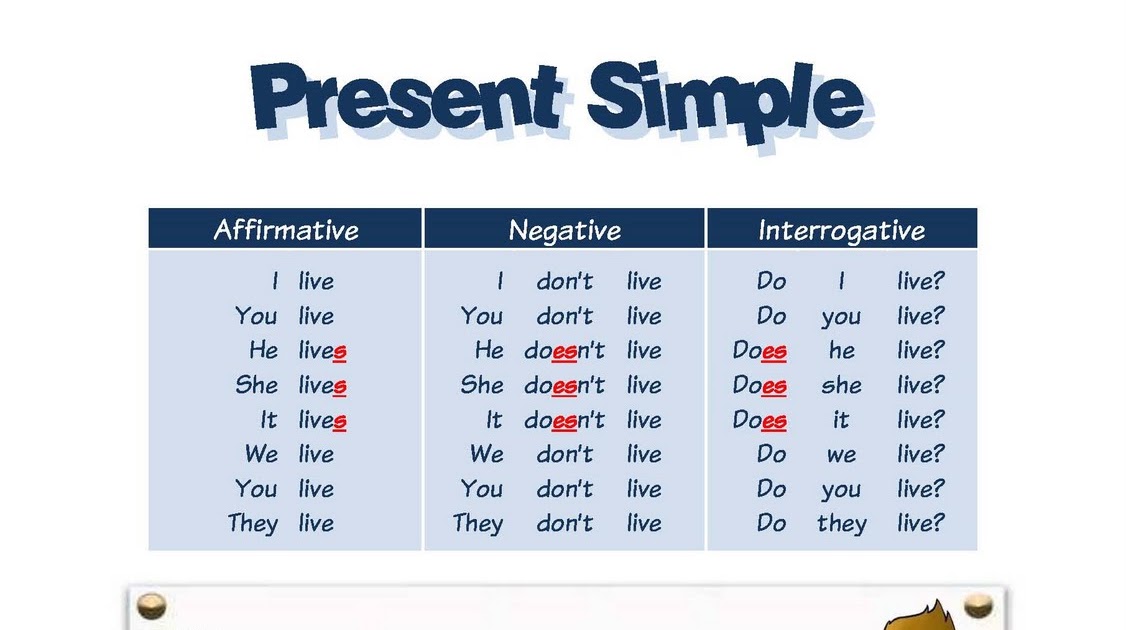
One day, I realized how bad it had gotten.
Related: Please don’t tell me ‘we only have 18 summers’
I was going through the motions of motherhood, and it felt like I was on an exhausting, dizzying carousel of meeting little people’s big needs. The role that once gave me joy and fulfillment started to feel like an overwhelming chore I couldn’t keep up with.
But for me, there was more to it than the natural demands of motherhood.
I realized I was distracted and disengaged. Distracted by social media, by expectations outside of my family that didn’t really matter and by all the things I had piled onto my plate to stay busy and “relevant.” I was engaged in other people and things instead of my own little babies.
Related: Quitting social media made me a better parent
I thought of them, older, and much more interested in their phones, their friends and their obligations outside of our family than in spending time with and connecting with me—which is exactly what I was doing.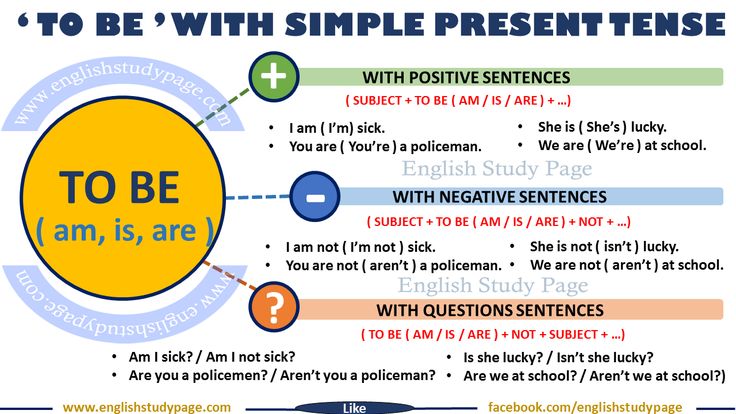
I decided to take control of my time and invest it where it mattered.
Now, instead of feeling disconnected and racked with guilt at the end of the day, I focus on filling their cups and mine in meaningful ways.
A the end of the day, although there’s always room for improvement, I feel peace. Here are some things that help me be present with my children.
1. Wake up before your kids.
Or at least, if you can get away with it, stay in bed for a few minutes to read, think or meditate before you’re launched into the madness. That quiet time to center yourself before the day begins works wonders.
I know firsthand that this is not always possible depending on your stage in motherhood. If it’s not, plan a time during the day, even if it’s 15 minutes, when you can be alone. Maybe during a nap time, quiet time, while your kids are at school or when your husband is home.
Related: This is what moms get wrong about self-care, according to a therapist
Instead of using that time to frantically get something done, choose something slow, relaxing and that you enjoy.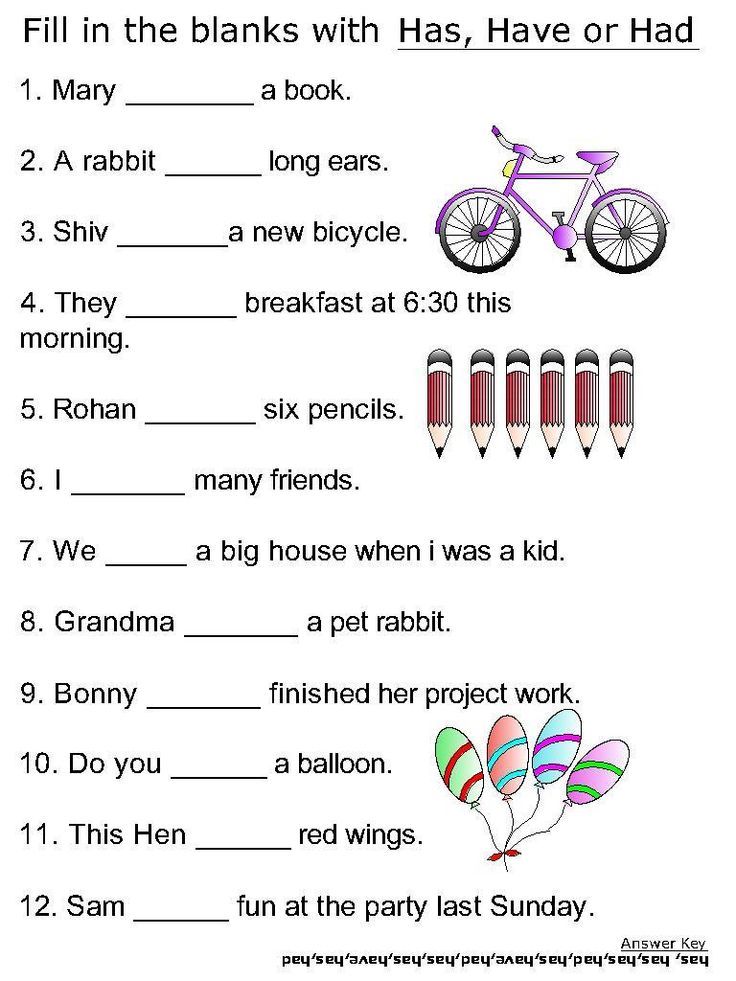 For me, it’s yoga, reading or writing.
For me, it’s yoga, reading or writing.
2. Exercise as often as you can.
I’m especially a fan of yoga because of how effectively it can bring about peace and mindfulness. However you choose to move—that time on your own is invaluable and the endorphins will give you a happy start to your day.
3. Put the kids to bed early.
Establish an early bedtime, or at least lights-out time. Creating a peaceful end to your days will help break them up instead of feeling like you’re in a never-ending cycle of need-meeting.
Also, take advantage of bedtime time to talk to your children and ask them about their day. Every night before bed, my kids tell me one thing about the day that they liked, one thing they didn’t like and something they feel grateful for. This little ritual creates an easy opportunity for my children to open up about what’s on their mind.
4. Put your phone away.
Technology (especially social media) has an uncanny ability to suck us into its world and detach us from the people who are actually around us.
Related: The way we talk to our children becomes part of their conscience for years to come
This is a huge one for me. I’ve noticed when my kids or I are interrupted in the middle of using technology, our reactions are more volatile and grumpy than they would be if we were not having to jolt ourselves out of the technology zone. Log less minutes on your devices and more moments with the people you love.
You won’t always be this needed or wanted by your children. When you look back on how you spent these years, you will never regret spending more time with your children. Time spent with family is always a positive investment.
6. Have daily one-on-one time.
When I had my first child, we had a lot of mommy-daughter time together. But when our second and third children came, that changed. I made a goal early on to spend five minutes of uninterrupted one-on-one time with each child every day. It’s amazing how much this simple commitment does for my children’s happiness, behavior and our relationships.
7. Adjust your agenda.
When I’m most overwhelmed by motherhood, it’s often when I’m falling short of my agenda for that day. When I’m constantly interrupted from completing the things I expected to that day, I get frustrated.
I’m learning to change my expectations of what I consider a productive day. One day, when I ripped myself away from my to-do list and spent some time playing with my son in the backyard, I heard his sweet laugh. It was so joyful and pure. It hit me that I didn’t hear it nearly often enough.
It may sound cheesy, but in that moment, I decided that making him laugh was at the top of my daily to-do list. It’s really changed my (and his) life.
This article was originally published in 2017 on No Sidebar. It has been updated.
advice from psychologists about children and time - Orthodox magazine "Foma"
Approximate reading time: 16 min.
-
100%
+
Embed code
Code copied
How much time should ideally be spent with children? What if, due to busyness, this time is sorely lacking for parents? What is interesting and useful to do with a child at different ages? Are there situations when the participation of a parent in the life of a child is just undesirable? Psychologists shared their recommendations with us Katerina Demina and Evgenia Payson .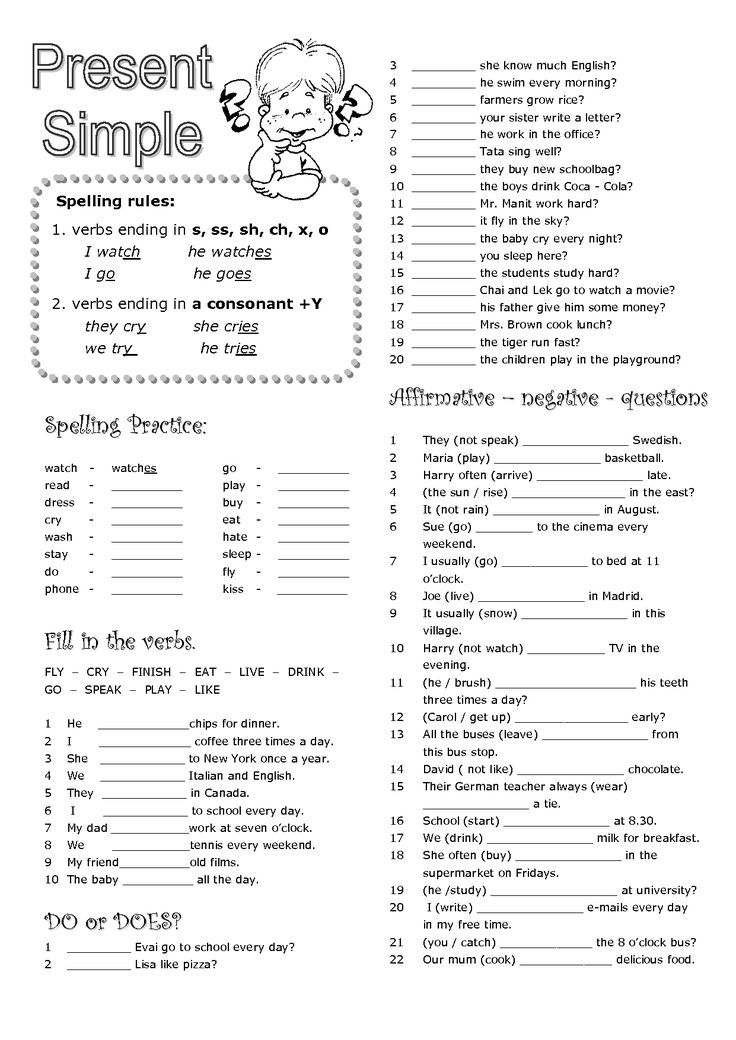
Don't think about time
It's not about how much time you spend with your kids, but how you spend it. In English, there is even a special concept of quality time - quality time, that is, the time that a person spends with benefit and pleasure in the company of loved ones. Even if you communicate with a child not two hours a day, but only fifteen minutes, it can be a wonderful fifteen minutes, much more valuable and meaningful than two hours of empty bickering, notation, joint boredom. nine0003
No one has time, that's right. And the work is unfinished, the windows are dirty, the apartment is a mess, someone is wrong again on the Internet. But the washed windows will get dirty again, someone will always be wrong on the Internet, the mess in the apartment will return. And the children will grow up and never be small again. And it will not be us with them, but they will be bored with us.
American doctor Harley Rothbart in Parental Magazine advises to imagine in the busiest and crazy days with children that the children have already grown up and left home; that their cluttered rooms are clean and empty, that there are no crumbs in the back seat of the car, neatly arranged toys gather dust on the shelves of closets, all laundry is under control .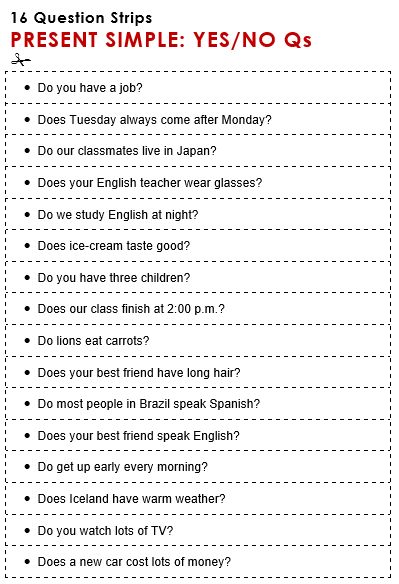 .. clean and empty ... and then return to today - and remember that these moments of fuss are fleeting and fleeting. nine0003
.. clean and empty ... and then return to today - and remember that these moments of fuss are fleeting and fleeting. nine0003
So how much time to spend with children? How much do you have. The main thing is that this time should be given only to children, not wasted on anything else. “Having thirty minutes before bed is good. There are forty - great! There is an hour - great! Evgenia Payson says “But it should be time just for the baby. There should be no computer, no TV, no phone, no conversations with other people at this time. You need to turn to face the child. Some mothers prefer to talk to their children when preparing dinner, turning their backs to the children. When you are talking to someone, you need to look at him. If you look at a potato, you are talking to a potato." nine0003
“Don't bring up important issues if you only have five minutes to spare – take the time to have a serious talk with your child if you need to. And no bullying and quarrels for half an hour before going to bed! This is a time of joyful and calm fellowship.
At this time, you can read, talk about the future, play, discuss why some dinosaurs were tall and others long-necked, but you can’t swear.”
Do not overfeed with care
Another parental extreme is the desire to fill every minute spent with the child with developing activities. To invest in the child as much “useful information” as possible, to intensively develop him at all costs. I myself saw how in the zoo dad speaks to his daughter in English (with a terrible accent and mistakes): “Look, this is a tiger! Look how big is he!" It's hot in the zoo, there are crowds of people. The daughter wearily replies in Russian: "I'm hungry." Or one more thing: on the beach, a mother is doing math with her son. The boy is small, mathematics is difficult, mother is persistent. The boy sighs and decides... decides and sighs...
Parents really want their child to be culturally and intellectually developed. And that means museums and popular science films, computer tutorials and excursions, good books and world classics of cinema.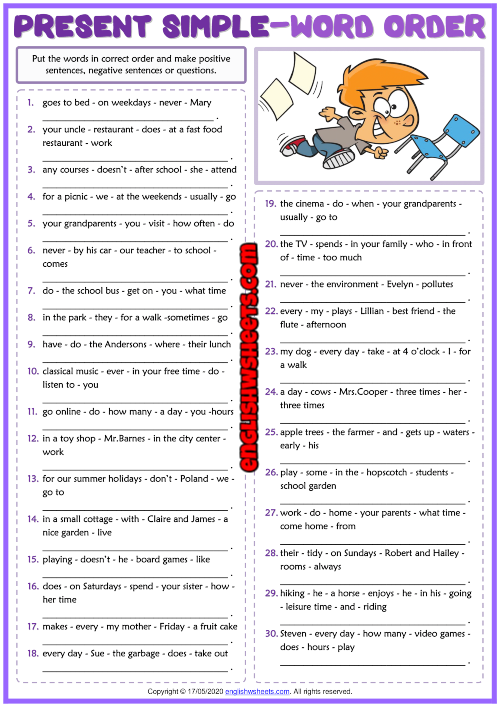 .. But the child resists. Why? Yes, because he perceives such an enlightening itch as pressure, as aggression.
.. But the child resists. Why? Yes, because he perceives such an enlightening itch as pressure, as aggression.
“As soon as the idea of “investing” arises, aggressive interaction begins,” says Katerina Demina. - Non-aggressive interaction with a child is when you either find a form to fill his feelings, or lead him along. And "investment" is a road to nowhere, it is the realization of one's own parental ambitions. The child should not become the meaning of your life. And it turns out that he has no freedom and choice - his mother drags him to something all the time. nine0003
And it also happens that parents become for their children a kind of "animators", mass entertainers.
Answers to the question: How much time do you usually devote to joint activities with your child? Conscientious and diligent mothers diligently come up with interesting activities for their children every day - and eventually notice that children - instead of enthusiastically picking up every creative activity, instead of growing up inventive and creative - do not want to do it at all neither home experiments, nor needlework, and they themselves are not very good at keeping themselves busy. They sit like chicks with open beaks and wait for their mother to bring something interesting, and they are also capricious that she offers something boring. nine0003
They sit like chicks with open beaks and wait for their mother to bring something interesting, and they are also capricious that she offers something boring. nine0003
How did it happen? And everything is simple: these classes were more necessary for the mother than for the child. It is important for her to feel like a good mother, she tries to feed the child with the most delicious and entertain the most interesting even before he wants to eat and do something. A mother who devotes herself to a child usually compensates for her inner emptiness. Maybe she's lonely. Maybe she has nothing else to do: she didn’t work after the institute, and now it’s difficult to confirm her qualifications, and it’s hard to look for a job after thirty and without experience ... And she pours out all her crazy energy on the child - and thinks that it’s for his own good. nine0003
But children will grow up sooner or later - and what will mother live on? People who live busy lives of their own are able to include their children in it.
When a person loves his job, it is contagious and children pick up enthusiasm from their parents.
Finally, a child must have his own life, and parents cannot replace his peers. “The watershed is where the elementary school ends,” explains Katerina Demina. - Now the child should turn towards his peers, and with his parents he should become bored. Time flows differently for children and adults: we can’t get enough of our child’s childhood, we still want to watch children’s films and play with him - and the child has already grown up. He needs to be let go and go about his business. When adults remember what they did with their mother, they do not remember every day. nine0003
“Once my mother and I were at the sea…”, “Once we went to the cinema…” It was rare and therefore festive. Children who were allowed to mind their own business are able to organize a rich life for themselves.
Do not replace grandmothers and friends
The best memories of childhood are how my friends and I made secrets, launched boats, dug caves in the snow and jumped on piles of autumn leaves.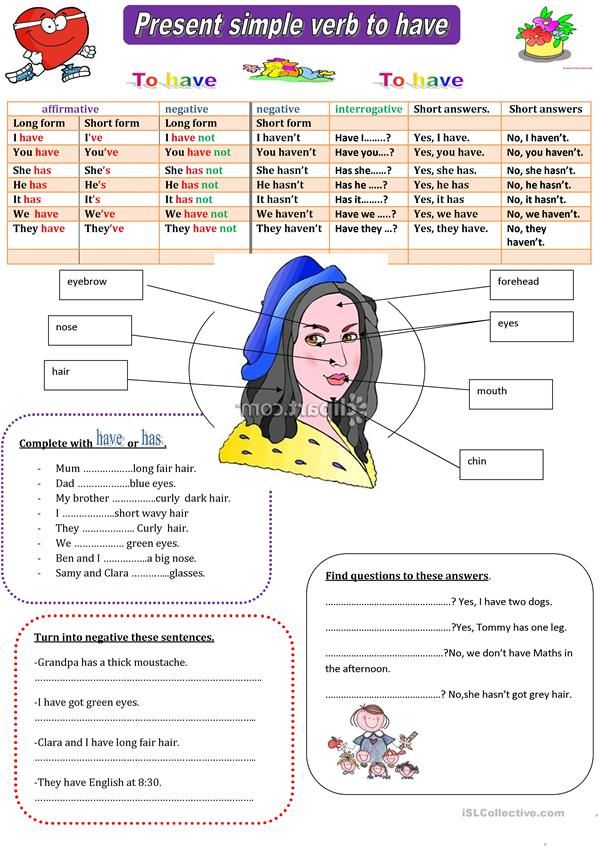
But now, when the children's backyard culture has almost died, no one can pass on the sacred knowledge to our children about how to make squeakers from acacia pods and launch boats from bark or burnt matches along spring streams. Do children come to visit friends and do not want to go outside, but want to sit at the computer? This means that parents need to introduce children to human experience. And parents share the lists they found on the Internet - one hundred wonderful things to do with their child ... But why is it so important for you to share your childhood with your child? Does it not turn out that we need this more than the child, that classes with him are just a good reason to indulge in nostalgia? nine0003
Of course, this is a touching picture - when a child asks his mother - "Tell me, they say, how you were little" - but, in a good way, one should ask grandparents about this. “Grandmothers and grandfathers,” explains Katerina Demina, “transmit knowledge about life, about the family, about the way to live; Parents set the rules and boundaries.
If you really want a child to understand and feel nature, to be able to live in it - you need to take him to a real village, tear him away from the tablet, take him away from civilization - then children quickly learn everything there. And the presence of parents is not necessary at all. nine0003
If your child cannot learn this experience from other, older children, teach it yourself, but together with other children. “If no one taught a child to launch boats, go one step further,” Evgenia Payson advises. - Take a child and a couple of his friends, teach them how to sail boats and leave them alone. Take them to the park, to the forest, show them how to do something beautiful - and let them do it, but on their own. Let communication with parents become an impulse for children to be more interesting with friends. You can become the very older generation that passes sacred knowledge to the younger ones. Kids today can't play? Teach them and let them play." nine0003
No, this does not mean that children should not be engaged in activities that gave pleasure in childhood. It's just worth remembering that mom can't be a playmate. An enthusiastic mother should not run around garages and construction sites with her ten-year-old son: this is both inappropriate and unsafe.
It's just worth remembering that mom can't be a playmate. An enthusiastic mother should not run around garages and construction sites with her ten-year-old son: this is both inappropriate and unsafe.
“In our childhood there were no places where you could climb safely,” says Evgenia Payson. - Now there are climbing walls and rope parks - where you can both climb and run safely; there are roller skates, scooters and bicycles, and joint participation in such matters tells the child a lot about the parents, and the parents about the child. But hiding under a blanket with a flashlight or making a house out of chairs is better with friends. Parents cannot replace friends for their child - they need to make sure that the child has company - and that they can keep themselves occupied. nine0003
Don’t start anything without children
Each age has its own suitable activities: you don’t really talk with a little one, it seems you can’t play with a teenager anymore, and you can’t draw . .. Parental fantasy in general is quickly depleted: well, there is a free day off, and what to do with it? Depends on age.
.. Parental fantasy in general is quickly depleted: well, there is a free day off, and what to do with it? Depends on age.
How to communicate with the smallest? Not all parents are delighted with the need to indulge in endless sweets or rolling cars with their little ones. “Well, yes, now mom has an alternative - she would sit in social networks,” Katerina Dyomina ironically. - Do you want cars? Take a sling, stroller, go where you like. The child also benefits from new experiences. nine0003
A small child discovering the world around him is home games. The younger preschool age is a fuss with cereals and pots, paper and glue, carrots and apples, plasticine and paints, with cubes and cars. These are ideas about shape, color, weight, texture. About the behavior of things. About the position of the body in space. These are games that require you to control your body and classify objects.
Senior preschool age - the child masters the world of people - the world around him - which means that we play role-playing games with him, help him understand different models of human behavior, solve complex relationship problems.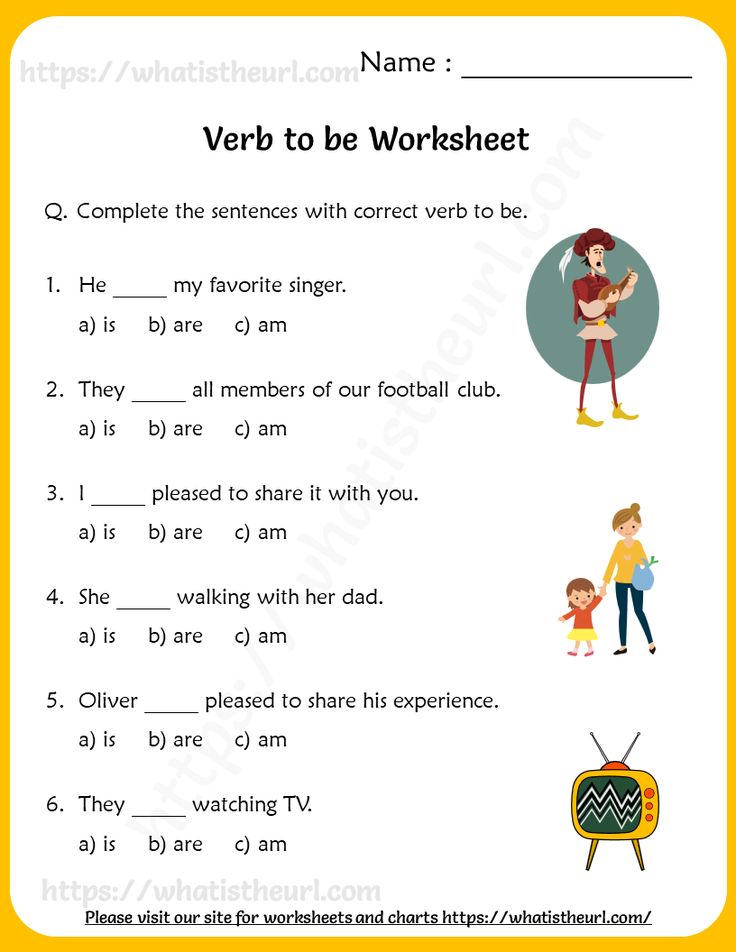 We lead him around this world, help him master it, make contacts with him - make purchases, borrow books from the library, travel in transport. Now it is very useful to go to the post office and watch how letters travel, to see how goods are brought to the store, how containers are unloaded at the port, how fishermen pull the net, how the shoemaker mends boots. Watching how food is cooked and clothes are sewn, how cars and trains are driven, help in cooking and repairs is already now, then it will be uninteresting. nine0003
We lead him around this world, help him master it, make contacts with him - make purchases, borrow books from the library, travel in transport. Now it is very useful to go to the post office and watch how letters travel, to see how goods are brought to the store, how containers are unloaded at the port, how fishermen pull the net, how the shoemaker mends boots. Watching how food is cooked and clothes are sewn, how cars and trains are driven, help in cooking and repairs is already now, then it will be uninteresting. nine0003
“If you need to screw in a light bulb or fix a faucet, don't start fixing anything without the kids,” advises Harley Rothbart.
Master classes and excursions to various production facilities are already starting. Long evening walks with no particular purpose are also a great time for conversations and discoveries.
Primary school age - the study of how the physical world works. An ideal time for excursions to science museums and home experiments. It's time to germinate seeds, make volcanoes erupt, launch rockets and build Lego worlds. Look at insects and lunar craters with binoculars through a microscope, study the names of herbs and flowers, lure bees with honey, photograph scary spiders in macro, disassemble mushrooms into edible and inedible ones, build Eskimo igloos and snow fortresses. nine0003
It's time to germinate seeds, make volcanoes erupt, launch rockets and build Lego worlds. Look at insects and lunar craters with binoculars through a microscope, study the names of herbs and flowers, lure bees with honey, photograph scary spiders in macro, disassemble mushrooms into edible and inedible ones, build Eskimo igloos and snow fortresses. nine0003
But from middle school age, they are not very interested in us. They already want to communicate with their peers. And here the games are gradually replaced by reading and talking about what excites them. However, you still need to play - although the parents have no idea what. Meanwhile, there are many excellent board, floor and team games that are interesting for adults, not just middle schoolers; from the associative "Dixit" to "Carcassonne", from the funny mobile "Twister" to the collective "Hat" or "Crocodile" - where you have to explain the hidden words with descriptions, definitions, gestures, drawings ... Games are endlessly useful - and develop motor skills, thinking, social behavior, erudition, creative abilities are no worse than schoolwork, if not better.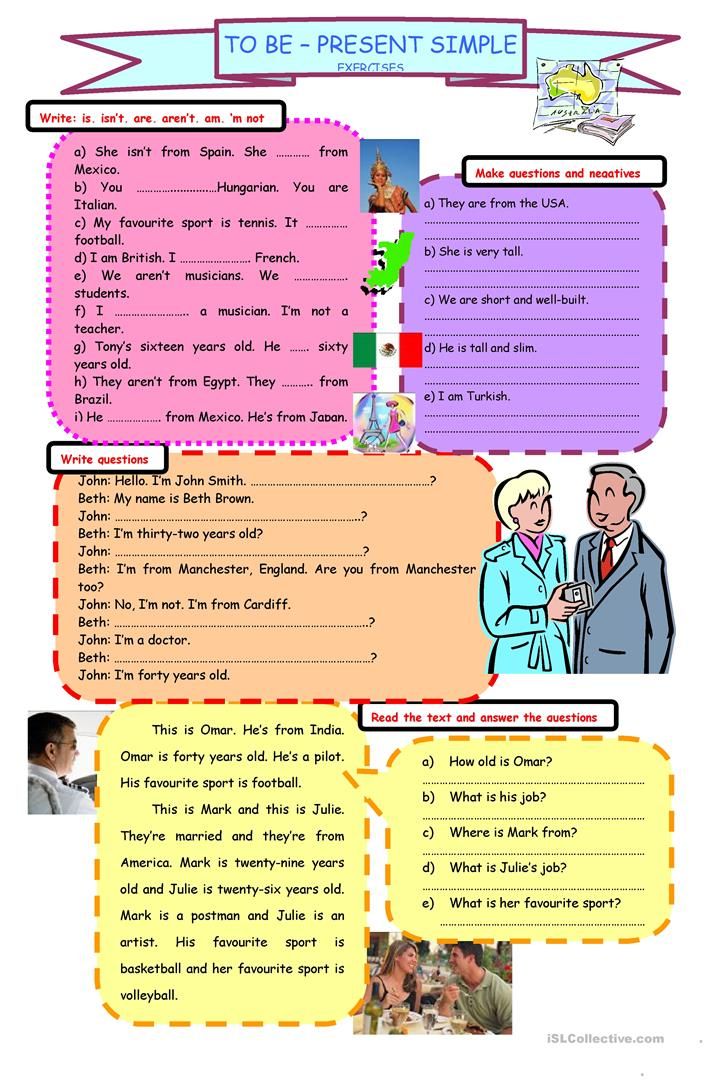 Experts advise playing with children their favorite computer games: a joint game of, say, Conquistador online is an excellent pastime. nine0003
Experts advise playing with children their favorite computer games: a joint game of, say, Conquistador online is an excellent pastime. nine0003
Don't get involved in "childish" things
It's not necessary to do only specifically "childish" things with your child. There is a general principle here: do what you yourself like. “It’s like in psychotherapy - it’s not the method that heals, but the contact,” says Katerina Demina. - Involve a child in your business - get a hobby partner.
Take him to a concert that is interesting to his parents, do not drive him out of the room when an interesting guest arrives - let the child be silent and listen, sometimes this is a memory for life; take with you to work - let him see what his parents are doing, let him look at them as unusual, different, in the unusual role of distant and important professionals ; putting him to help with translation, asking him to examine his mother on traffic rules tickets - all this is also very useful.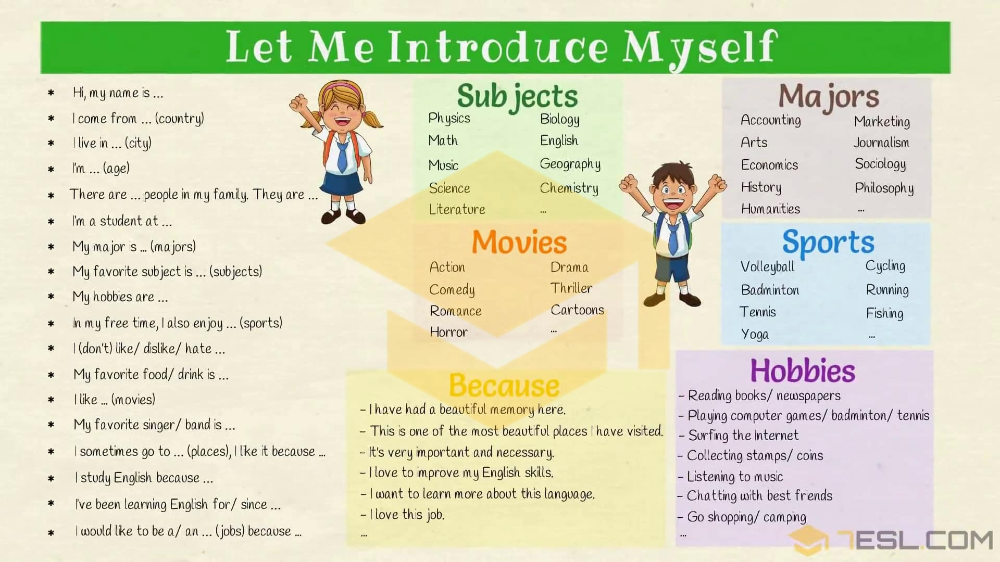
It is very useful to watch their favorite series with them and discuss what the characters are doing, why, why, are they right, what should have been done, what is the mistake, worry about them ... My child and I once watched "Ranetok"; the film is an occasion to talk with the child about important things. You won’t have preventive conversations with him for no reason about why you need to listen to a person to the end, or ask for forgiveness, or be careful in some situations ... Teenage series, no matter how stupid they may seem to parents, are a textbook of life for the younger just entering a dangerous age. nine0003
Teenagers from their parents need picnics and cooking together less, although some of them do not mind baking a pie or sitting down to play “sea battle” just for a little childish pleasure. It is important here to maintain contact and the ability to talk; here children can already help their parents in difficult matters; joint work, joint repair, joint planning is already possible.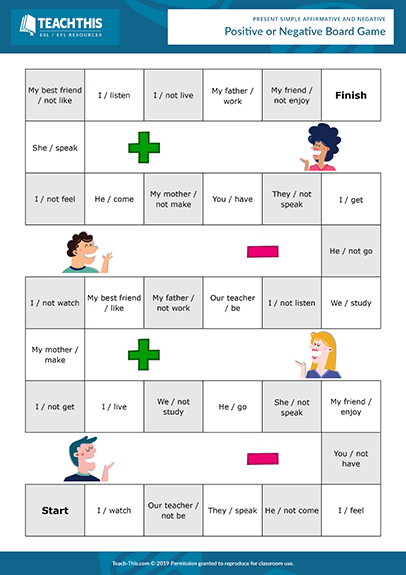 Many people like going out to a restaurant or a large shopping center together - only if you are already going somewhere with your child, do not be distracted every five minutes by the phone, do not lecture, do not interrupt the child if he says something, and do not get involved in violent arguments . You can talk about your day, your friends, your observations. It is impossible to explain to him how wrong he is. Fooling around is a must!
Many people like going out to a restaurant or a large shopping center together - only if you are already going somewhere with your child, do not be distracted every five minutes by the phone, do not lecture, do not interrupt the child if he says something, and do not get involved in violent arguments . You can talk about your day, your friends, your observations. It is impossible to explain to him how wrong he is. Fooling around is a must!
You can teach teenagers how to drive. Go with them to the cinema of their choice. You can re-arrange their room or bathroom together with them - let them re-paste the wallpaper, paint the walls, choose the style of the interior. You can cook with them, especially if they are going to feed friends. Go to games with them if they are interested in sports, and concerts if they are interested in music. Take them with you to work - let them get involved! Arrange "days of pampering" - when mom and dad pamper their little one uncontrollably - and evenings of games.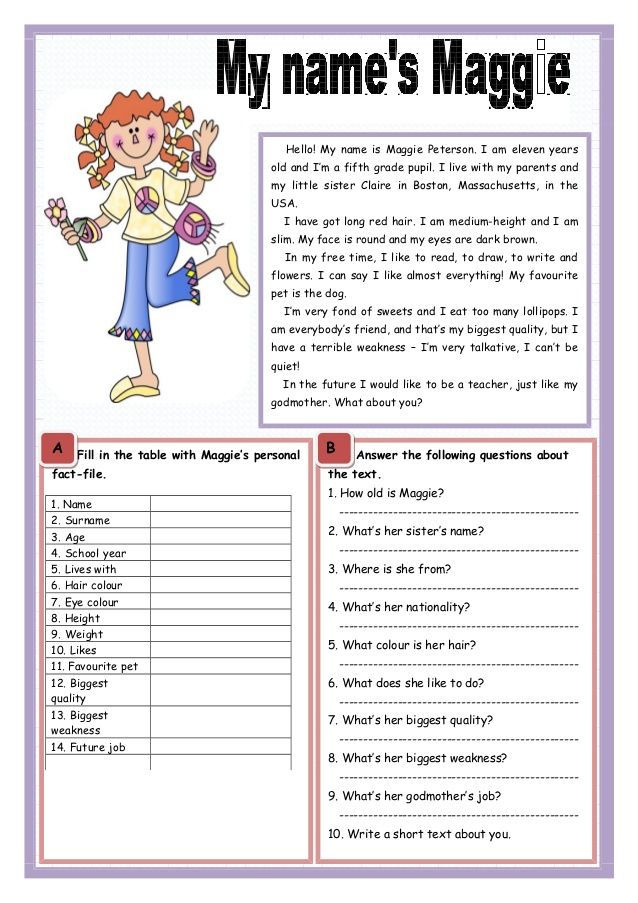 In the end, it turns out that teenagers are not as nasty as they want to seem. nine0003
In the end, it turns out that teenagers are not as nasty as they want to seem. nine0003
Do not open a branch of the school Fedor Reshetnikov “Again a deuce”
No, all this is fine in theory, but in practice, mom comes home in the evening, sits down with the baby for algebra - and the whole evening is down the drain. And all communication is lessons and around lessons, because they are always not done, and there are always problems at school. Here, excuse me, there is no time for a sea battle and no time for pampering.
It is incredibly difficult to keep from constantly asking a child about lessons done or not done, the reasons for twos and teachers' complaints, especially if he does not study very well. Now that electronic diaries have appeared in schools, parents have begun to anxiously follow the progress of their children online, meet them from school with questions about the triple in algebra and sit with their children for a long time doing homework.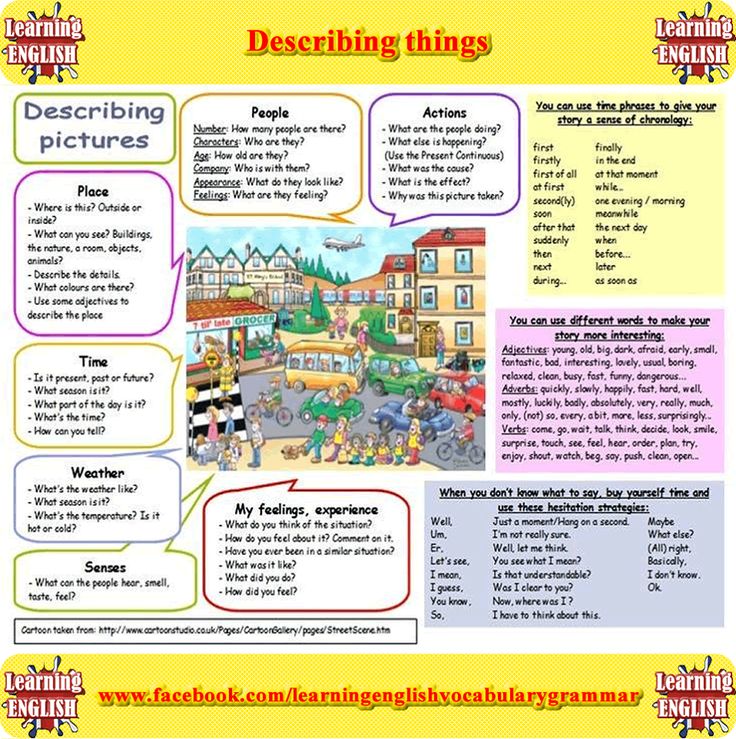 nine0003
nine0003
But time spent preparing lessons is not time spent with a child. Here, in general, you need to build a system of priorities for yourself in advance: what is more important for you in communicating with a child, what is less important, what to be horrified by, and what to slow down.
“How does your child's education affect you? - asks Katerina Demina. — Whose problem is this? Why do you care so much whether you are considered a good mother or a bad one? Do you think it is right that you are assessed depending on your child's studies? Why do you listen to bad things from teachers? Why should you take responsibility for your child's education? You don’t have to sit with him endlessly over the lessons - this is his area of responsibility. It is he, not you, who should be in trouble if he does not study well. And if everyone pokes a mother in a puddle with her nose because her child does not study well, it means that the mother in this family is not an adult, but a child.
nine0003
Normally organized help with homework is when the child works on his own, because he needs it, and not his mother, and his mother comes to the rescue when it is difficult for him . Helper mom, yes. Mother Warden - no. If the mother takes full responsibility for the child's education, the child quickly delegates this responsibility to her. And now he studies not because it is important, necessary, interesting for him - but because his mother needs it.
Home is a home, not a branch of a school. Standing over the soul for lessons is not “quality time”. nine0003
“It happens that divorced mothers complain: now a child has a holiday father who spends the weekend with him, and a monster mother who tyrannizes him all the time,” says Katerina Dyomina. “Well, leave yourself a holiday.”
Don't forget to make plans together
Hiking and traveling are a wonderful and useful part of childhood. True, in our childhood everything was more complicated and heroic.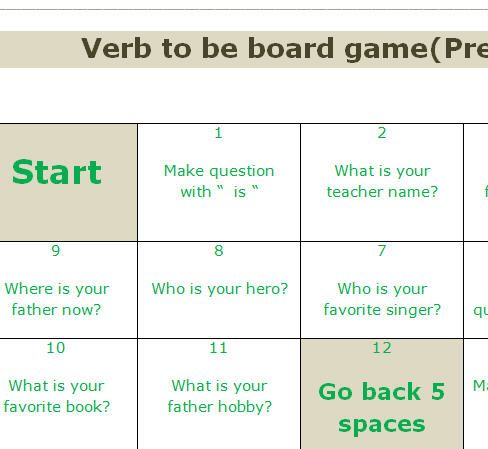 “There by bus, then by train, then on foot,” says Katerina Dyomina. “And now they put the child in the back seat, gave a tablet - and three hours were lost for life” ... But they could have been spent with benefit and meaning. nine0003
“There by bus, then by train, then on foot,” says Katerina Dyomina. “And now they put the child in the back seat, gave a tablet - and three hours were lost for life” ... But they could have been spent with benefit and meaning. nine0003
How exactly? Involve the child in planning - whether it's a weekend or a trip. “Come up with your child what you will do every weekend for a month,” Evgenia Payson advises. - Write down his ideas and your ideas on pieces of paper, mix them up and pull them out by the weekend, so you get a varied cultural program, and everyone will be happy. Keep in mind when planning that your child may perceive educational activities as work rather than recreation, and keep this in mind. nine0015 And try, when thinking through things on the weekend, to plan them so that the child has a few hours of time with each of the parents .
By the way, gender roles have long been mixed up: there are mothers who love to fish, and dads who cook well.
The main rule is the same: do with your child what gives you pleasure.
“Dads usually like all sorts of fuss and physical exercises more, mothers help better with homework and love small work like beadwork more,” says Katerina Demina. If dad likes to mess around in the garage, and mom loves to bake cakes, or dad loves to take pictures, and mom loves to study the behavior of birds - fine; involve children in this. “But being stupid together with dad on the sofa on the TV is not good,” says Evgenia Payson. nine0003
In general, we turn off the phone, get off the computer, come up with a plan - and enjoy life and our child.
Tags: Children Relationships Family Theme of the Issue Theme of the Issue Theme of the Issue: "Three Hours for a Child"
7 Tips for Parents Who Can't Handle Anger
The whims, disobedience, accidental and deliberate misconduct of a child - there are a lot of things that can anger even the most patient parent.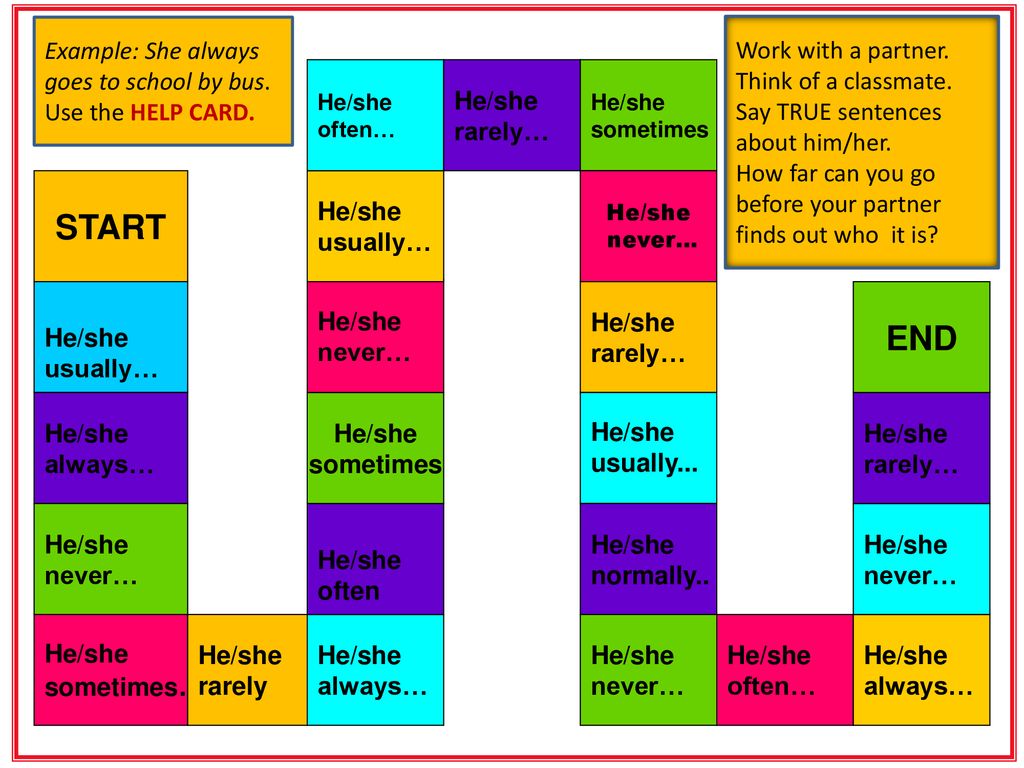 There is probably not a single person who has never experienced anger towards his own children. What is this emotion, is it so terrible, how to deal with it? Let's figure it out together with psychologist Svetlana Pyatnitskaya. nine0003
There is probably not a single person who has never experienced anger towards his own children. What is this emotion, is it so terrible, how to deal with it? Let's figure it out together with psychologist Svetlana Pyatnitskaya. nine0003
Svetlana Pyatnitskaya, preschool teacher, child and perinatal psychologist, author of educational programs for preschool children
Why anger is normal
Some parents are ashamed of being angry with their own children. Instead of dealing with it, they forbid themselves to experience anger and do not give it an outlet. Over time, when irritation accumulates, an explosion can occur.
The first thing to understand is that it is natural for a person to react to what is happening around him by experiencing various emotions. And they are not negative and bad. They either help us to act effectively in each specific situation, or they hinder us. nine0003
It is important to learn to recognize different emotions in yourself, including anger, to allow yourself to experience them: this is the only way to manage them.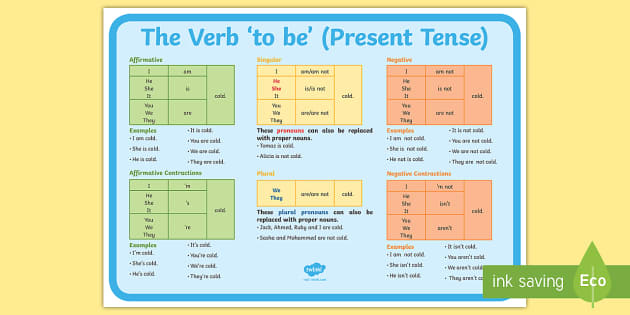 When you understand the true motives of your anger, realize what exactly caused it, it is easier for you to contain it or express it in a way that does not hurt your child. And this awareness will also help you not feel like a bad parent who experiences the “wrong” emotions. This skill is developed gradually, with simple actions.
When you understand the true motives of your anger, realize what exactly caused it, it is easier for you to contain it or express it in a way that does not hurt your child. And this awareness will also help you not feel like a bad parent who experiences the “wrong” emotions. This skill is developed gradually, with simple actions.
How to learn to accept anger
Did your child get naughty, naughty, break a vase, or get an F again? Remember all the things in his behavior that make you angry, and do this simple exercise. Take a piece of paper, write down and continue these sentences: “It annoys me ...”, “It annoys me that ...”, “I am angry ...”, “It infuriates me ...”, “I feel angry because ...”, “I I hate ... "," I am covered with rage when ... ".
Our brain is designed in such a way that any change in our emotional state causes our body to react. This exercise contributes to the actualization of sensation at the bodily level. And this, in turn, helps to recognize that there are situations in which we experience anger.
nine0003
Did you have any discomfort while doing the exercise? And where do you "hurt"? Put your palm there and start breathing slowly through your nose, exhale through your mouth. With each new breath, you can feel how the unpleasant sensation in the indicated part of the body grows larger and larger, gradually growing to the size of the whole body: “I feel anger. I allow myself to experience it. I accept anger. I accept it and realize it." Gradually, the discomfort will pass. After all, when you admit to yourself that you have the right to experience anger - and this is normal, then its intensity will decrease. nine0003
How to cope with anger and not harm the child
What to do if you are ready to take it out on the baby, regardless of the seriousness of his offense, and even more so if the outburst of emotions has already occurred?
Stop!
When we are very angry, we cannot think logically, but we are able to act in a temper. Think about what can stop you in such a situation? A memory of how scary it was when you were scolded as a child? The kind of baby that causes pity? These images will help you cool your ardor and control yourself. nine0003
nine0003
Switch
Think of an action that will help switch your attention. Cut off contact with the child. Change the environment: go out into the fresh air or at least onto the balcony. Wash off with cold water. Call a person who won't judge you. Swear several times. Crumple and tear the newspaper into small pieces. Inhale through your nose to a count of seven, exhale through your mouth to a count of eleven. This exercise will help you "reset" the nervous system.
Postpone an important decision
Try not to threaten or label your child. “You will sit at home during the holidays”, “I will take your tablet away from you”, “What a fool you are!” or even "You are a disgrace to the family" - refrain from such words, no matter what your child has done. You can tell him that you decide what to do with him when you come to your senses. So you serve as an example for him: anger can and should be dealt with constructively, and an adult is able not to chop off his shoulder.
Listen to your body
Switch to your bodily sensations by placing your hand on the part of the body where anger is felt most strongly. Breathe slowly and deeply. nine0003
Deal with the situation together
When you are sure you have calmed down, talk to your child. Explain to him what exactly made you lose your temper: “You were playing next to the road, I was scared for you”, “You are skipping swimming lessons, I was offended that you were deceiving me”, “You broke this cup, and she broke me was very dear as a memory, I was upset.” Be sure to tell the child that you did not want to scare him, hurt him with your behavior.
Prevent burnout
Do you notice that you have become touchy, irritable, do not hold back your anger and easily lash out at others, scold your child for the most insignificant trifles? Perhaps you are close to a state of emotional burnout. How to help yourself? First of all, you need to understand what you need to be in shape: enough sleep, light physical activity, the opportunity to retire with a book? If your condition is associated with fatigue, with a lack of time for yourself, try to delegate some of the responsibilities.
